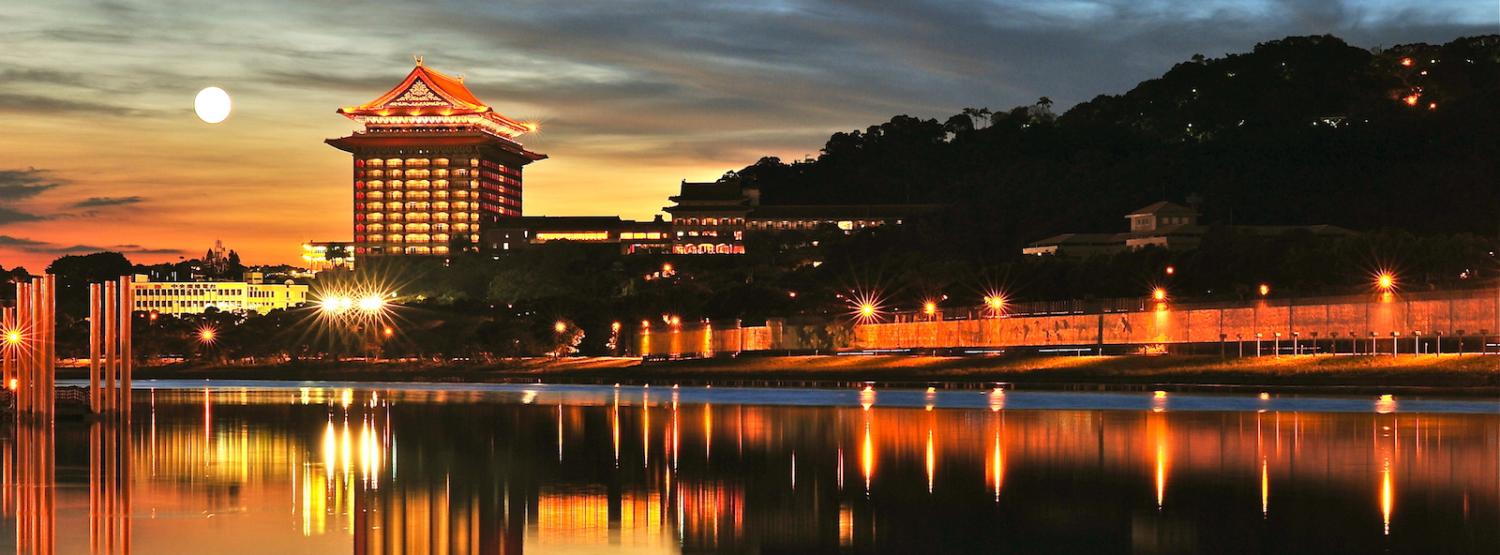The week that was on The Interpreter.
Jeremy Haui-Che Chiang and Alan Hao Yang on China’s ‘divide and conquer’ charm offensive:
China’s creeping influence and strategy of polarising Taiwan’s democracy is a prelude of what a possible ‘Chinese Century’ might look like. Taiwan is not an isolated case, as China’s growing impact towards Australia and other countries (via legal and illegal channels) are in the same vein.
Australia’s soft power review concluded yesterday. Damien Spry:
For digital diplomacy to be of value, it must be recognised that audiences will determine if, what and why they are interested in engaging. One size does not fit all.
Kevin McQuillan on what the new Managing Director of the ABC should prioritise in the Pacific:
International broadcasting has a two-way effect. The return is intelligence in the form of information and analysis, which the late New Zealand Prime Minister, David Lange, discovered after Fiji’s first coup in 1987.
The Trump administration is still yet to fill the position of US ambassador to Australia. Alan Tidwell:
Some might argue that the Australia-US relationship can easily weather this absemce. But not having a US ambassador in Canberra has opportunity costs. A high-status ambassador with easy access in Washington can sometimes deliver better diplomatic outcomes.
Nicole Talmacs on the Chinese box office dilemma:
China’s box office and entertainment industry is a complicated business, and authorities have struggled to keep up with the speed of developments.
Strategic competition between India and China in the Indian Ocean region is not confined to the maritime realm. David Brewster:
Access to airfields is just as essential to allow military aircraft to cover the vast distances across the Indian Ocean. This is why China and its competitors are paying ever more attention to securing access to airfields and to deny access to others.
A humanitarian catastrophe in the last Syrian rebel stronghold, Idlib, was avoided last week after Russia and Turkey struck a deal. Lauren WIlliams:
Russia, Iran and supporters of the Syrian regime justified the assault as an effort to restore Syrian sovereignty through a blitz on what was described as an al Qaeda safe haven. Turkey, the UN and Western opponents of the Assad regime warned that an assault threatened the lives of millions of innocent Syrian civilians. Both assessments are partly true.
The sliding value of the Indonesian rupiah has caused jitters in Jakarta. Roland Rajah:
Economists liken this kind of situation to the difference between a solvent firm experiencing liquidity problems and one that is insolvent. Illiquidity can however quickly turn into insolvency. So the key thing to ask is: how easily could things tip over and undermine Indonesia’s good fundamentals?
President of Vietnam Tran Dai Quang died in office this week. Vu Lam:
Some Vietnam watchers have suggested that Quang’s sudden passing has created a power vacuum. If history is a guide, however, this is unlikely to be the case.
Prime Minister Shinzo Abe was re-elected Japan’s ruling Liberal Democratic Party’s President for his third and final term on 20 September. Purnendra Jain:
It may seem like a sweet victory for Abe, but considering the rank-and-file members’ voting, the third term may not be smooth sailing. Party members seem bitterly divided and voices of discontent with his leadership style and policy preferences are emerging.
